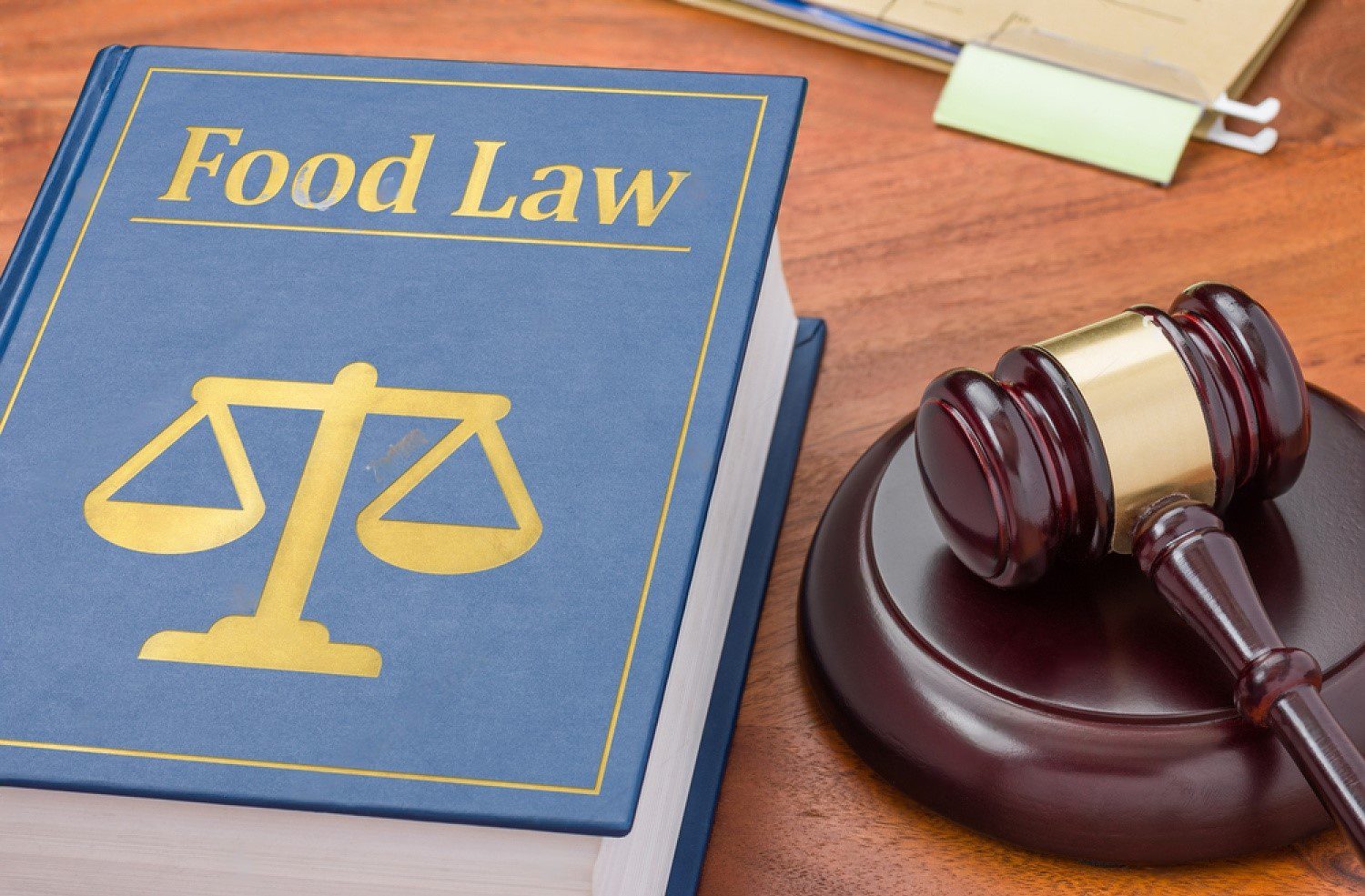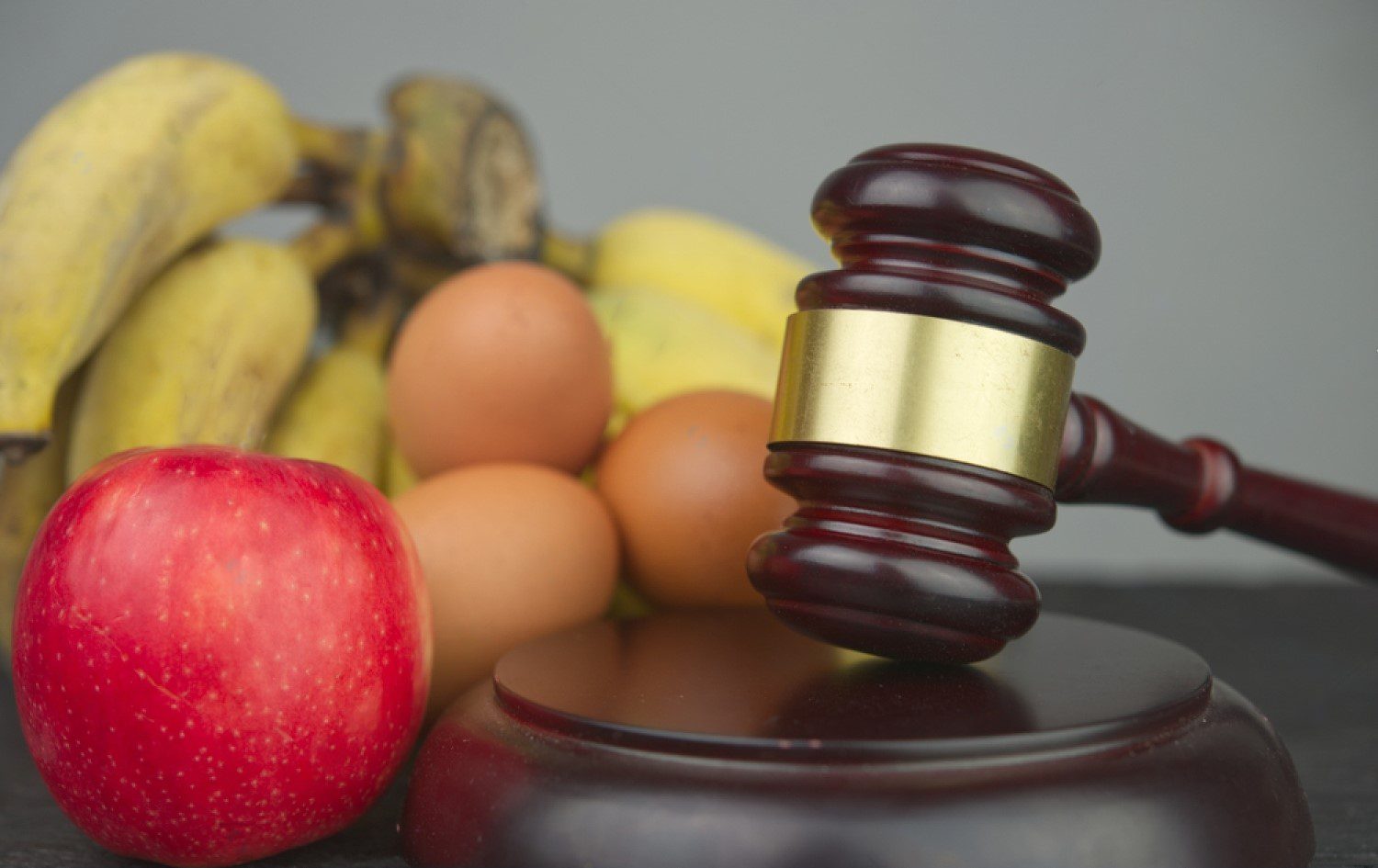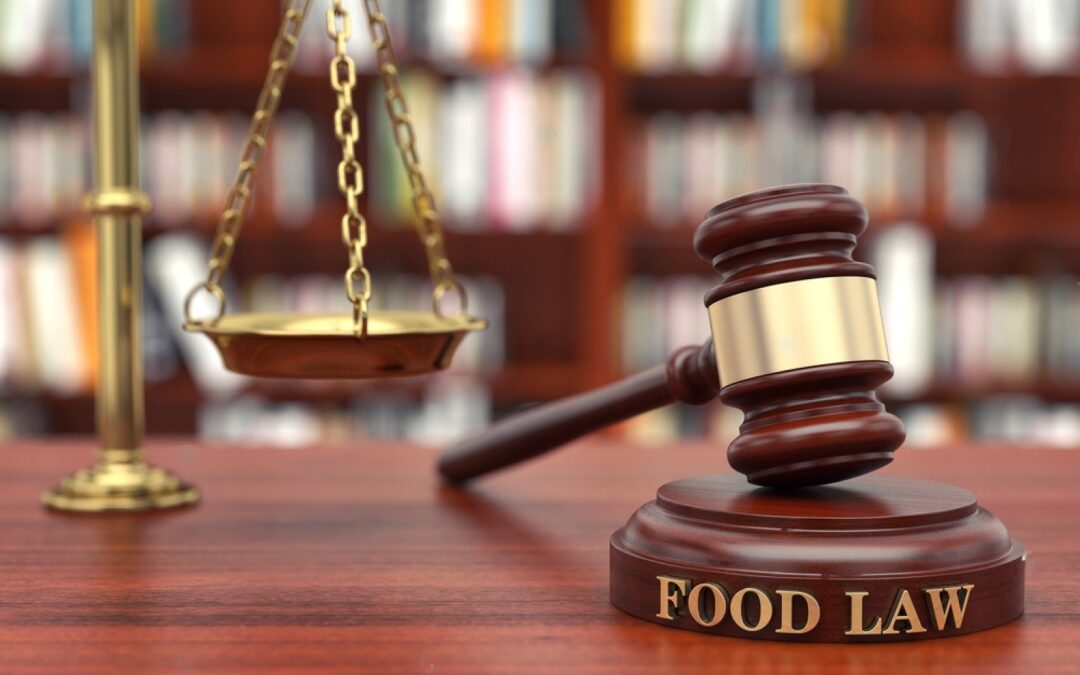Ensuring food safety is crucial for food security, particularly in the UAE, where a significant portion of its food requirements is met through imports. To address this, the UAE has implemented several measures. Firstly, it passed a law on food safety. Additionally, it introduced the National Food Accreditation and Registration System. Moreover, it launched the National Rapid Alert System for Food. Furthermore, it applied control over imported food for non-trading purposes. These measures collectively aim to enhance food safety within the UAE. For assistance with food license Dubai, individuals and businesses may seek guidance from the Khairallah Law Firm.

food license Dubai
Federal law on food safety
In January 2016, our late leader, Sheikh Khalifa bin Zayed Al Nahyan, approved Federal Law No. 10 of 2015 on Food Safety (PDF, 250 KB). This law is all about ensuring that our food is high-quality and safe, keeping us healthy and happy. Anyone who violates food safety regulations in the UAE faces strict penalties. Let me break down some of the key aspects of this food law for you:
The safety laws in UAE mandate that all food imports into the country must receive approval from the Ministry of Climate Change and Environment. Those who deal in food or products containing pork or alcohol, or any of their by-products, without permission will be subject to a prison term of at least one month and a fine of up to AED 500,000. Furthermore, publishing false descriptions of food or using incorrect labels to deceive consumers will result in fines ranging from AED 10,000 to 100,000.
The law gives the Ministry of Economy the authority to impose fines of up to AED 100,000 for certain offenses, as long as the Cabinet has rules in place for them. Also, the Ministry of Climate Change & Environment, along with its National Food Safety Committee, teams up with partners to ensure compliance with regulations regarding obtaining a food license in Dubai. This involves working together to implement strict controls and standards throughout the food supply chain, all aimed at ensuring the safety of the food we eat.
Establishing the National Food Accreditation and Registration System for Obtaining a Food License Dubai
In line with Ministerial Decree No. 239 of 2018 on the National Food Accreditation and Registration System (250 KB, PDF in Arabic), anyone bringing food into the UAE, whether it’s from abroad or made locally, needs to make sure their food labels, ingredients, or compositions are registered in the electronic system (ZAD) before they can sell it in the markets here. ZAD is like a smart assistant for food products, making sure everything’s in order before they hit the shelves.
Food’s National Rapid Alert System
In 2017, the Dubai Health Authority rolled out the National Rapid Alert System for Food, aiming to swiftly tackle serious food risks as they arise. This system not only figures out how to handle food risk alerts but also decides when to ban or allow adulterated and misbranded food products, ensuring safety for all.
People are given specific roles and responsibilities within the system, such as determining which food alerts require attention and establishing the parameters for reporting incidents, such as when food is refused at the border or when dubious products are on the market. They employ a categorization scheme to rank events according to their seriousness, accounting for factors such as the number of individuals impacted and the degree of risk to public health. Businesses wishing to obtain a food license in Dubai must use this system.

food license dubai
Regulating Imported Food for Non-Trading Purposes and Obtaining a Food License in Dubai
According to Ministerial Decree No. 14 of 2016 on Controlling Imported Food for Non-trading Purpose (300 KB, PDF in Arabic), people are allowed to bring personal food through the country’s borders, but there are restrictions on certain types and quantities. When bringing in food, it’s important that the packages have labels with clear and permanent information about who’s involved, except for food that passengers bring for themselves. Also, any imported food needs to have documents from the carrier in the country it came from, detailing everything about the food. The food department Dubai oversees these regulations.
Ensuring Food Safety by Local Entities
The dedicated team at the Dubai Municipality Food Control Department works tirelessly to ensure that the food in Abu Dhabi is safe for everyone to eat. They conduct important research and studies on food safety, making sure that all the food sold or served is of the highest quality.
In Dubai and Sharjah, it’s the job of the local authorities to make sure the food we eat is safe.
These authorities keep an eye on things like making sure food has the right labels and isn’t past its expiration date. They also do surprise checks at food stores and restaurants to make sure the food is good quality and safe for us to enjoy. And if you’re looking to set up shop, don’t forget you’ll need a food license in Dubai to comply with their regulations.
Conclusion
If you’re ever in need of guidance regarding food law, Khairallah is here for you. Our team includes experts and Best Lawyers in Dubai
No matter what challenges you’re facing, Khairallah is ready to help you achieve your goals. Don’t hesitate to reach out to us.



